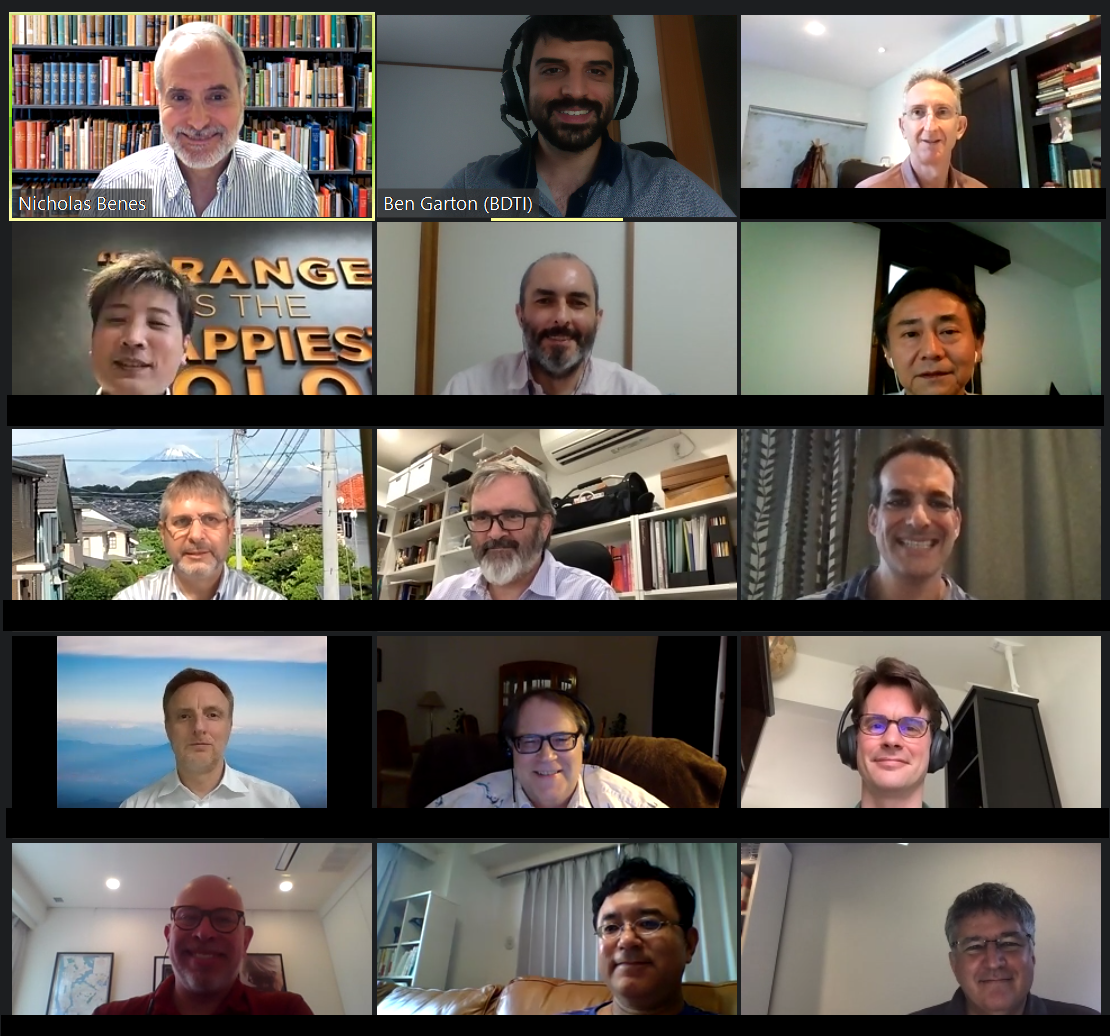

“We are still way too polite with each other.” A repeated statement when Chief Executives describe their boards in Japan. Why is this a problem for Executives? Why do we, as coaches, hear this statement repeatedly?
The Board’s Responsibilities
Boards are responsible and held accountable for the decisions they are making. Hence, the quality of the decision-making process and the decisions themselves are fundamental to the work of boards, their organizations, and the investors. When board members are too polite with each other, they don’t have so-called healthy debates. Why do these debates improve the quality of decisions? Because they invite board members to share their professional opinions.
Without such debates, the board has neglected its mandate and responsibility towards the investors and the employees. At a personal level, an open and frank conversation among board members helps to create more buy-in and enhances the commitment of each member to the board decisions, as everyone has been heard.
Why is there no healthy debate in Japan?
Here are some reasons why we experience boards that are too polite. For one, the board might consist of ‘insiders’ only. This might lead to faster (superficial) consensus decision-making. However, that leads to biased and selective use of information together with a way of working to ‘not rock the boat’. A second reason is the lack of diversity. In Japan diversity is still closely linked to gender. But we need the diversity of thought, background, experience, education, etc.. Boards that lack this kind of diversity have a narrow perspective on topics as members see things the same way. This results in many blind spots. And thirdly, the required open and frank conversations in Japan are often happening in private settings outside of the boardroom, without the participation of every board member.
 High performing teams
High performing teams
As part of developing high performing team, healthy debating and constructive conflict management is a competency that can be coached. Before conducting such conversations, there needs to be a high level of personal trust.



